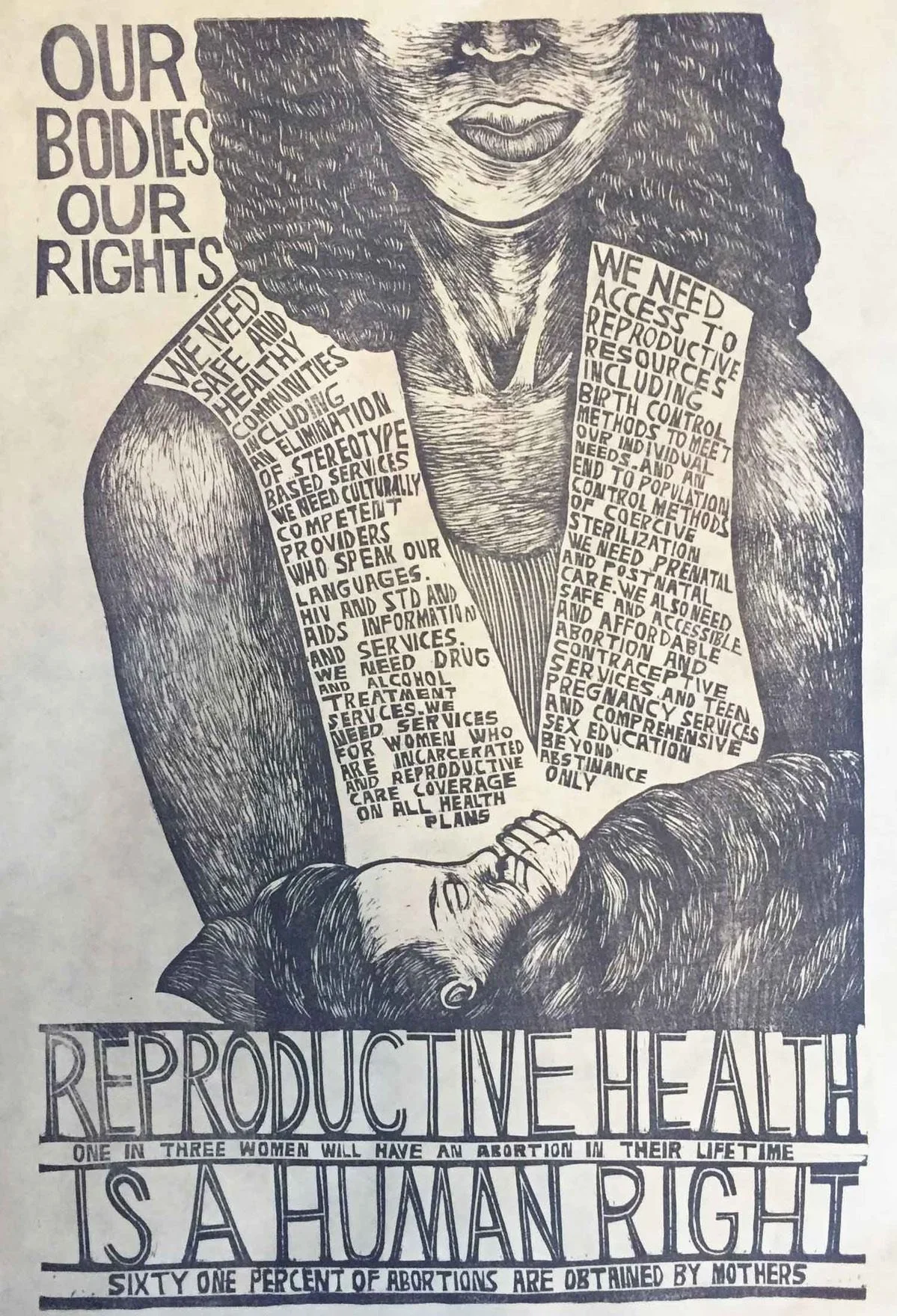Breaking Down the Pink Tax: Policy Changes We Need
Imagine paying extra for bread because of your gender. Sounds absurd, right? Yet every month, millions of young women face exactly this kind of discrimination when purchasing period products through the "pink tax"—a gender-based pricing system that makes essential menstrual supplies financially inaccessible for many students.
What is the Pink Tax?
The pink tax isn't actually a single tax—it's a collection of policies and market practices that result in women paying more for products and services simply because of their gender. When it comes to period products, this discrimination shows up in two major ways:
Sales Tax on Necessities: In many states, period products are still classified as "luxury items" and subject to sales tax, while items like Band-Aids and toilet paper are exempt. This classification suggests that menstruation is optional—a perspective that would be laughable if it weren't so harmful.
Higher Prices for "Women's" Products: Even beyond tampons and pads, products marketed to women consistently cost more than similar items marketed to men, from razors to deodorant to basic hygiene products.
The Real Impact on Students
During my research on reproductive health disparities, I've documented the devastating effects of the pink tax on young women's education:
Academic Performance: Students miss an average of 2-3 days of school per month due to a lack of period products
Financial Stress: Families spend over $240 annually per menstruating person on period supplies
Unsafe Alternatives: Young women resort to tissues, socks, or wearing the same product for dangerous lengths of time
Mental Health: The shame and stress of period poverty contribute to anxiety and depression among students
Policy Solutions That Work
The good news? We know what works because we've seen successful policy changes in action:
1. Sales Tax Elimination
What it is: Removing sales tax from period products by classifying them as medical necessities.
Why it matters: This simple change can reduce costs by 7-10% immediately.
Success stories: States like Florida, Nevada, and New York have eliminated the tampon tax, making period products more affordable for all menstruating people.
2. Free Period Products in Schools
What it is: Requiring schools to provide free period products in all bathrooms, just like toilet paper.
Why it matters: It eliminates the choice between education and dignity.
Success stories: California, Illinois, and New Hampshire now require free period products in schools. Students report improved attendance and reduced anxiety about their periods.
3. Medicaid Coverage for Period Products
What it is: Including period products in Medicaid-covered essential health items.
Why it matters: Ensures that low-income families have access to quality menstrual supplies.
The opportunity: Currently, most states don't cover period products under Medicaid, leaving our most vulnerable families without support.
How Young Advocates Are Leading Change
At Pineapples Color Pink Foundation, we're not just waiting for adults to fix these problems—we're empowering young women to lead the policy changes their communities need:
Student Government Initiatives: Young advocates are proposing resolutions in their schools to provide free period products and eliminate stigma.
Legislative Testimony: Teen advocates are speaking directly to state legislators about the impact of period poverty on their education.
Community Education: Young women are leading workshops for parents, teachers, and community leaders about menstrual equity policies.
Research Partnerships: Students are collaborating with our foundation to collect data on period poverty in their schools, providing evidence for policy change.
What You Can Do Right Now
For Students:
Talk to your student government about period equity policies
Research your state's position on the tampon tax
Share your story with trusted adults who can advocate for change
Join our youth advocacy network for training and support
For Educators:
Advocate for free period products in your school
Include menstrual health in comprehensive health education
Create classroom environments where period-related absences are understood and supported
For Policymakers:
Eliminate sales tax on period products in your state
Mandate free period products in all public schools
Include period products in Medicaid coverage
Support comprehensive sex education that includes menstrual health
For Everyone:
Contact your representatives about menstrual equity legislation
Support organizations working on period poverty
Challenge stigma by talking openly about menstruation
Vote for candidates who prioritize reproductive health equity
The Policy Changes We're Fighting For
At Pineapples Color Pink Foundation, we're advocating for a comprehensive policy framework that includes:
Complete elimination of sales tax on all period products nationwide
Universal access to free period products in all schools, workplaces, and public facilities
Medicaid coverage for period products as essential health items
Comprehensive menstrual health education in all schools
Anti-discrimination protections for period-related absences and needs
Why This Matters Beyond Periods
Fighting the pink tax isn't just about menstruation—it's about economic justice, gender equity, and ensuring that young women have the same opportunities as their male peers. When we eliminate barriers to education caused by period poverty, we unlock the potential of an entire generation of leaders, scientists, and changemakers.
Every policy victory brings us closer to our vision: a world where menstruation never again becomes a barrier to education, opportunity, or dignity.
Join the Movement
The young women experiencing period poverty today are the same ones who will eliminate it tomorrow—if we give them the tools, platform, and policy support they need. The pink tax isn't just a women's issue; it's a justice issue that affects our entire society.
Ready to help break down the pink tax? Start by learning about your state's policies, supporting menstrual equity legislation, and amplifying the voices of young advocates leading this charge.
Because when young women have the power to create change, they don't just transform their own lives—they transform the world.
Want to get involved in our policy advocacy work? Visit our website to join our youth advocacy network or learn how you can support menstrual equity in your community.
